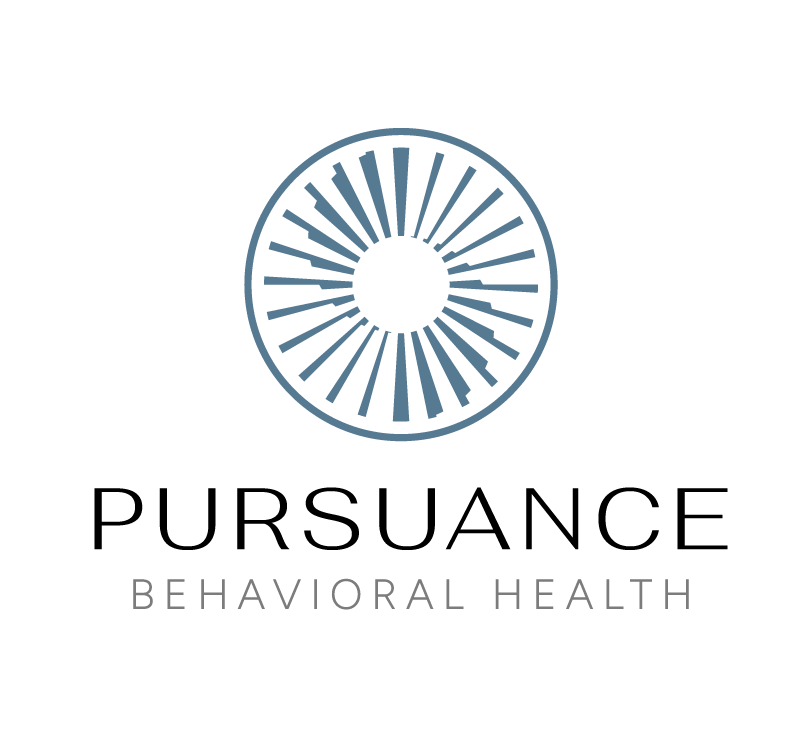In recent years, TikTok has transformed from a platform for entertaining dance challenges and lip-sync videos into a source of advice on everything under the sun—including mental health. The hashtag #mentalhealth brings up billions of views. This surge of mental health content on TikTok has given rise to “TikTok therapists”—content creators offering psychological advice and …
In recent years, TikTok has transformed from a platform for entertaining dance challenges and lip-sync videos into a source of advice on everything under the sun—including mental health. The hashtag #mentalhealth brings up billions of views. This surge of mental health content on TikTok has given rise to “TikTok therapists”—content creators offering psychological advice and suggestions. While their intentions may be genuine, relying on these influencers for mental health guidance presents notable risks. Here’s why you should think twice before taking advice from “TikTok therapists.”
1. Lack of Qualifications
The most crucial factor to consider is the qualifications of the person giving advice. Many TikTok content creators offering mental health tips are not licensed professionals. It’s easy to present oneself as an authority online without having clinically relevant training or experience.
Relying on unqualified advice could worsen your mental health condition. While a licensed therapist uses scientific research to inform their practice, an unqualified TikTok creator might use personal stories or anecdotal evidence that doesn’t apply universally.
2. Oversimplification of Complex Issues
Mental health is an intricate and deeply personal field. Yet, TikTok’s format of short videos often encourages oversimplification. You cannot condense the complexity of mental health challenges like depression, anxiety, or PTSD into a 60-second segment.
This oversimplification may lead you to think there is a ‘quick fix’ for deeply rooted issues. Mental health conditions require a comprehensive treatment approach often involving therapy, medication, lifestyle changes, or a combination of these elements.
3. Lack of Personalization
Every individual’s mental health journey is unique. Professional therapists tailor their approach based on an individual’s specific context, history, and symptoms. TikTok therapists, addressing a broad audience, cannot provide this personalized guidance. What works for one person may not work for you and might even be ineffective or damaging.
4. Potential for Spread of Misinformation
We live in an age where information dissemination is instant. Unfortunately, this also means misinformation spreads rapidly. Without rigorous fact-checking, TikTok creators may inadvertently share incorrect or outdated advice.
For instance, a study found that nearly 14% of TikTok videos on mental health contain misinformation (source). Consuming inaccurate information can lead to misunderstandings about your condition and prevent you from seeking appropriate help.
5. Encouragement of Self-Diagnosis
TikTok therapists may often discuss symptoms broadly, leading some viewers to self-diagnose. While learning about mental health can be positive, self-diagnosis based on superficial knowledge can be harmful. Misdiagnosing yourself may prevent you from getting proper treatment and can lead to unnecessary anxiety.
Licensed mental health professionals use structured assessment and diagnostic tools to understand and diagnose conditions accurately.
6. Ethical Concerns
Licensed therapists are bound by ethical guidelines designed to protect you, focusing on confidentiality, informed consent, and professional conduct. When engaging with TikTok therapists, you miss out on these ethical guarantees. There’s no accountability if their advice misleads or harms you.
7. Promotion of Unrealistic Expectations
The platform’s tendency to highlight quick success stories without showing the entire mental health journey may lead you to unrealistic expectations about recovery. True therapy involves setbacks and requires patience, persistence, and ongoing effort.
Seek Professional Mental Health Support Through Licensed Therapists in Boston
While mental health content on TikTok can raise awareness and reduce stigma, it cannot replace the nuanced, personalized treatment provided by professional therapists.
Pursuance Behavioral’s Mental Health Treatment Program
If you’re in Massachusetts and seeking genuine mental health support, consider Pursuance Behavioral’s mental health treatment program. Our team consists of licensed therapists and clinicians committed to providing evidence-based, personalized care to propel you toward a healthier state of mind.
At Pursuance Behavioral, we believe in walking alongside you, beyond one-size-fits-all advice, tailoring our approach to suit your unique needs. Whether you’re grappling with anxiety, depression, or other mental health challenges, we are equipped to help you navigate these waters with authenticity, empathy, and expertise.













